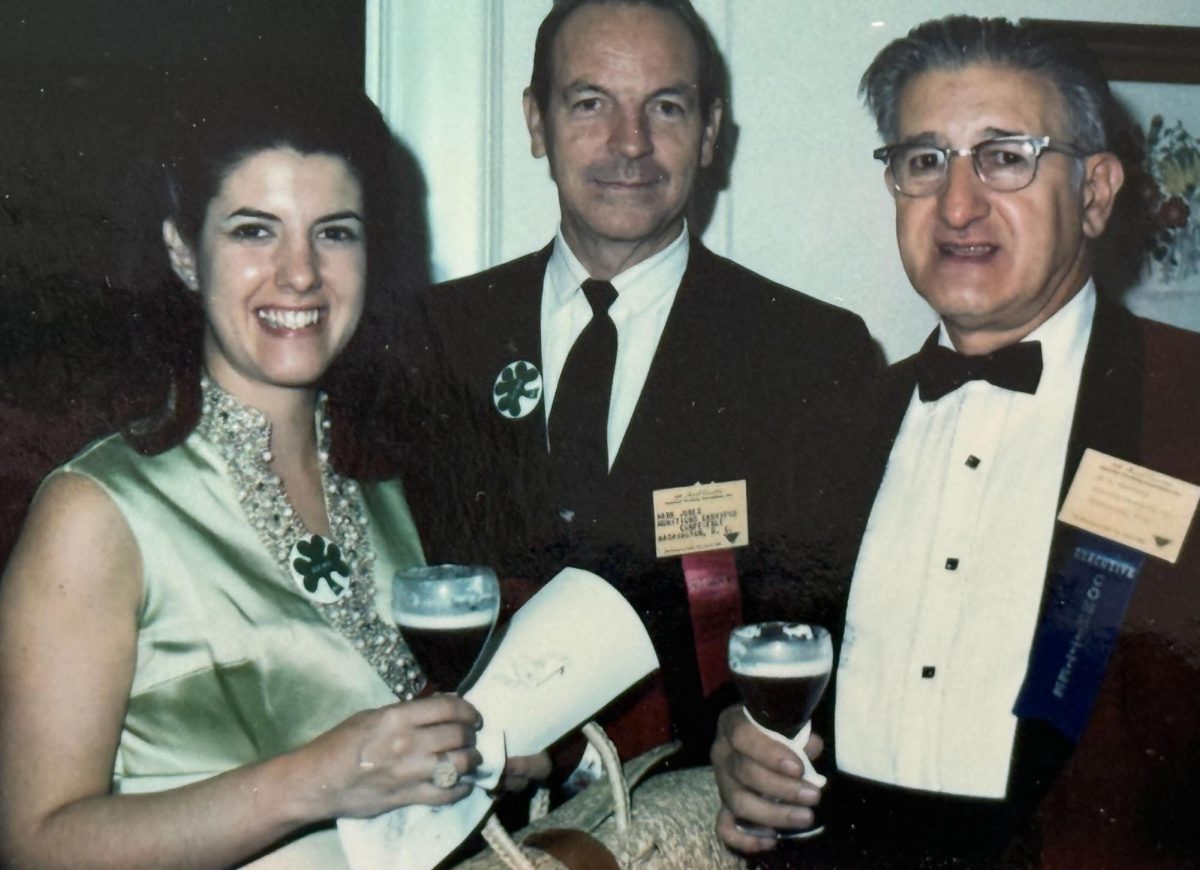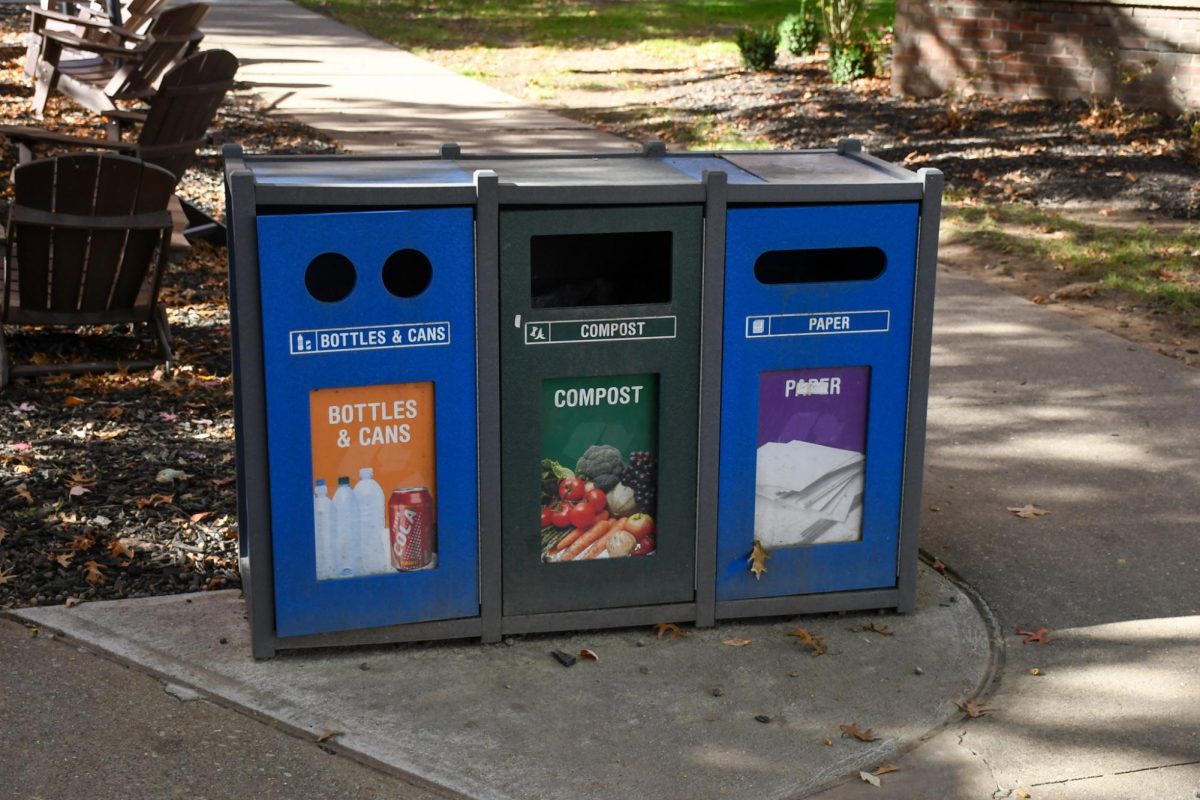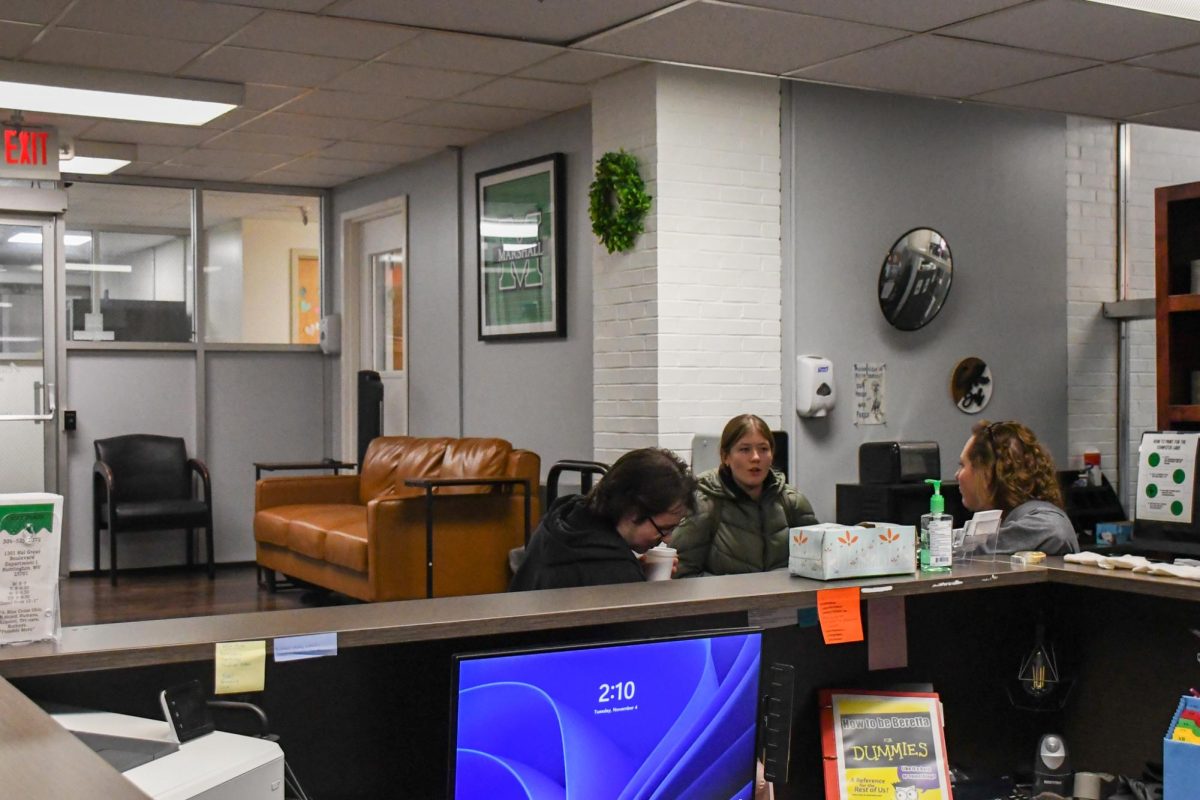
Cracking down on crime, an initiative taken by President Donald Trump at the outset of his second term, has been taken by Gov. Patrick Morrisey as he signed Senate Bill 196, known as Lauren’s Law.
Lauren Renee Cole, 26-year-old Morgantown resident and WVU grad student, died of an opioid overdose July 9, 2020.
Morrisey signed the bill into law at Lauren’s Wish, an organization started by Cole’s father, Michael Cole, after her death.
Lauren’s Law amends West Virginia criminal code by increasing penalties for drug-related crimes. It establishes mandatory prison sentences of 10 to 40 years for individuals involved in drug transportation and for kingpins. The law also increases penalties for transporting fentanyl into the state and for conspiracy to transport drugs.
“Today, we’re sending a message to the drug pushers trying to poison our citizens: In West Virginia, you will be held accountable,” Morrisey said. “Lauren’s Law will be instrumental in helping our state deal with the drug epidemic and takes direct aim at the drug dealers.”
Michael, via the Lauren’s Wish website, wrote an excerpt about his daughter, whom he described as a good listener, approachable and “the definition of the girl next door.”
Cole first tried opiates one evening with her boyfriend and a few friends when she was 16. She struggled quietly for the next two years until she eventually asked for help and was admitted to a rehab facility.
“Unfortunately, the world moves very fast, and recovery is slow,” Michael said. “It was exhausting for Lauren to fight for her life every second of every day.”
Lauren relapsed in 2020, soon after COVID-19 hit the United States.
“On July 5, 2020, Lauren learned that her gym workout partner had tested positive for COVID-19,” Michael said. “This meant she could not work, could not go to the gym, could not volunteer and could not visit family or friends.”
Drug use and overdose rates skyrocketed during the pandemic, reaching a record high.
The American Psychological Association reported more than 80,000 Americans died from opioid overdoses in 2021.
APA attributes this rise to several pandemic-related stressors, including increased isolation, economic hardships and disruptions to treatment services.
Holly Belmont can be contacted at belmont9@marshall.edu.



















